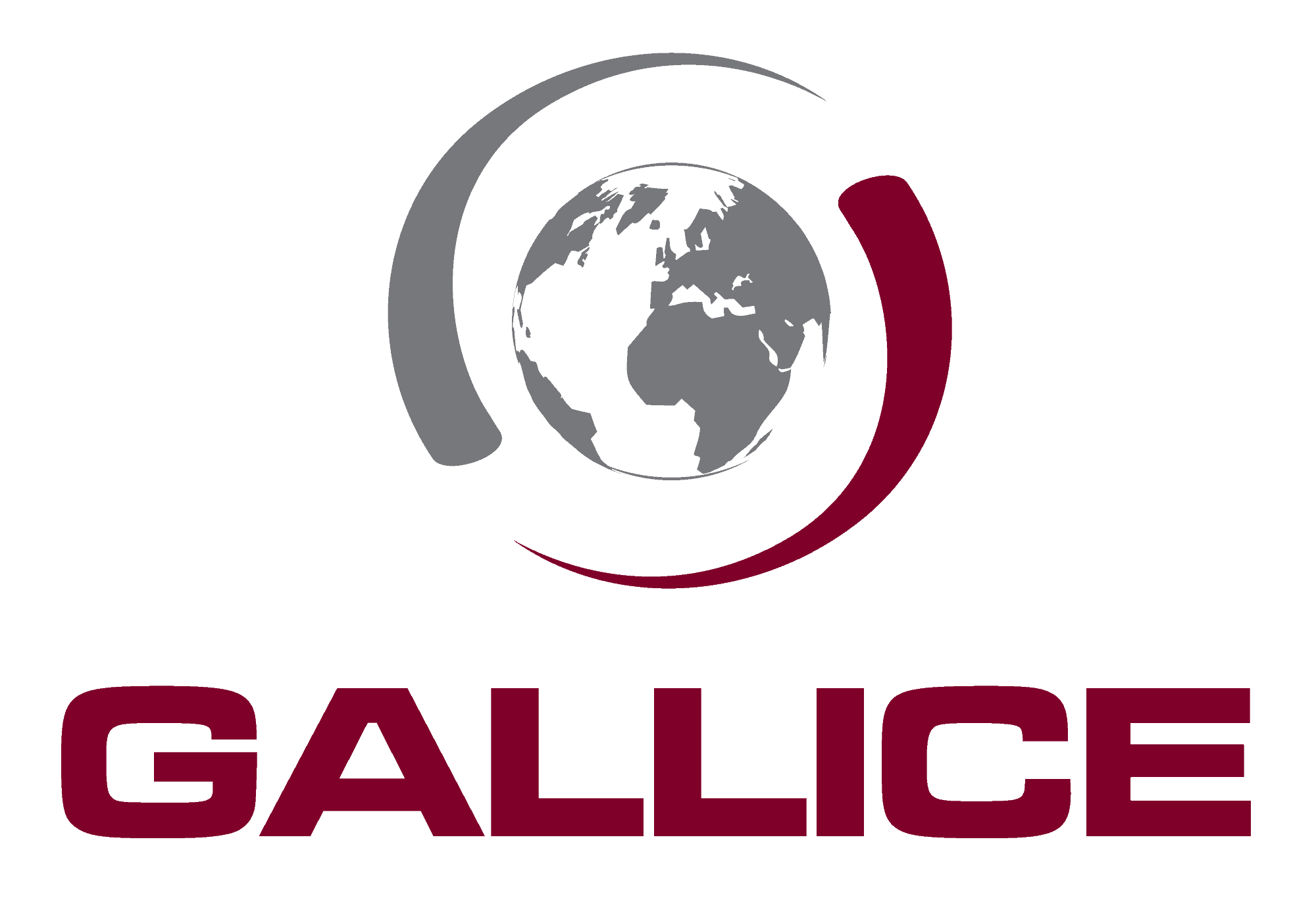NIGERIA
In 2025, Nigeria continues to face multidimensional crises affecting its security, economy, and social cohesion. President Bola Tinubu, elected in 2023 amid controversy and low turnout, struggles to stabilise the country.
The north-east remains plagued by jihadist violence from Boko Haram and Islamic State in West Africa Province (ISWAP). Despite military operations, these groups control rural zones and conduct regular attacks on villages, IDP camps, and security forces.
In the north-west, criminal gangs (bandits) carry out mass kidnappings, cattle rustling, and extortion, often operating with impunity. In the middle belt, ethno-religious tensions between farmers and herders continue to result in deadly clashes. The south is marked by separatist movements, notably the Indigenous People of Biafra (IPOB), which the state represses harshly.
Urban crime, corruption, and police violence remain widespread. In Lagos, Abuja, and Port Harcourt, kidnappings for ransom, armed robberies, and fraud are common. Traffic congestion and poor infrastructure amplify risks for travellers.
Economically, the country faces inflation, currency instability, and high unemployment. Social discontent is rising, particularly among the youth. Protests over fuel prices, insecurity, and governance are common, especially in university towns and economic hubs.
The government has attempted economic reforms, including subsidy removal and currency unification, but implementation is uneven and socially painful.
For travellers, Nigeria poses high security risks. Journeys should be carefully planned, with local security arrangements, and movements outside major cities should be avoided. Kidnapping remains a serious threat, including for foreigners.
